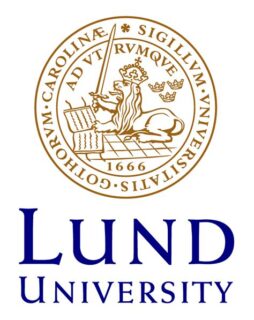
Stephen Woroniecki
Stephen Woroniecki
Current Research
In my PHD I hope to shed light on the role of power in facilitating and constraining system change in the context of climate-risk-reduction strategies in Sri Lanka. Social-scientific theories and methodologies, including relations of power, are increasingly being used to address problematic theoretical and empirical issues within sustainability sciences. This project seeks to address such issues within the burgeoning fields of ecosystem-based climate-risk reduction through a framework combining concepts of power relations, participative and distributive justice, and socio-technical transitions. It focuses on the social-ecological system of south-west Bangladesh; a highly-vulnerable area facing dramatic sea-level rise and increased flooding frequency. Academic studies and technical reports have shown that current adaptation actions, focussed on the (re)construction of embankments are sharply exaggerating sea-level rise relative to the role of climate change, whilst mangrove ecosystems, which are beneficial for storm surge attenuation, biodiversity conservation, and their ability to keep pace with sea-level rise, continue to be degraded. The project seeks to understand the role of top-down, bottom-up and emergent power dynamics to ‘lock-in’ detrimental adaptation and development pathways in the face of contradicting evidence. The methodology would be a combination of counterfactual reasoning, participatory scenario building, and semi-structured interviews.
Some of the major themes in my interdisciplinary research are:
Ecosystem-based disaster risk reduction and climate change adaptation
Participatory methodologies for understanding vulnerability to climate change
Power relations and political economy in the context of sustainability science
Externally-led sustainability interventions (e.g. international-donor-funded projects)
Background
I am a PhD candidate in Sustainability Science, at Lund University Centre for Sustainability Studies (LUCSUS). I am from Hertford, England. I have an honours bachelor’s degree in ecological science with conservation from the University of Edinburgh, and a master’s in social-ecological resilience for sustainable development from Stockholm University. For my master’s thesis I applied a framework of power relations to analyse the World Bank’s MACEMP Project, Zanzibar, which I framed as a case of potential social-ecological systems transformation. I have recently finished working in the climate change and biodiversity programme of UNEP-World Conservation Monitoring Centre, working to support the UN-REDD programme on issues of spatial planning, safeguards and multiple benefits as well as on ecosystem-based adaptation to climate change. I have experience working in Mexico, Kenya, Tanzania, Peru, and Nepal on a variety of issues with the common theme of nature-society interactions. I have technical training in participatory methodologies, and experience of organising and running workshops. As an undergraduate I led Expedition Huaraz, in which we worked with local people using participatory video to understand the impacts of climate change for two indigenous communities in the Cordillera Blanca, Peru.
Joined 2016
Organisation
Location
United KingdomAdd your project
Exchange your climate change adaptation projects and lessons learned with the global community.
